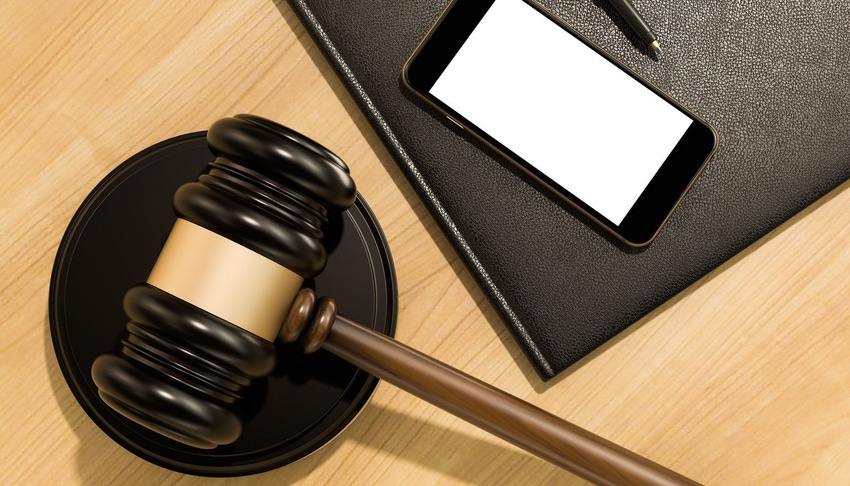Huawei pivots to IP licensing with new Oppo deal
Barred from most smartphone markets, Chinese tech giant Huawei has decided to license some technologies to one of its direct competitors.
December 12, 2022

Barred from most smartphone markets, Chinese tech giant Huawei has decided to license some technologies to one of its direct competitors.
Late last week Huawei announced the signing of a global patent cross-licensing agreement with Oppo, a Chinese smartphone-maker that is among the world’s biggest. It covers cellular standard-essential patents, which Huawei is presumably obliged to offer for license under FRAND principles, but Huawei saw fit to make an announcement about it nonetheless.
“The mutual recognition of intellectual property value between companies is a major step towards fostering a positive cycle of innovation and research in high-value standards: investing, receiving returns from investment, and then reinvesting,” said Alan Fan, Head of Huawei’s Intellectual Property Department. “This will enable our industry to keep innovating and provide consumers with more competitive products and services.”
“We are very pleased to enter into patent cross-licensing agreement with Huawei,” said Adler Feng, Oppo’s Chief Intellectual Property Officer. “It clearly demonstrates that the two companies recognize and greatly respect the value of each other’s intellectual property. It is a win-win deal for both sides. We will, as always, advocate for the establishment of a sustainable, healthy intellectual property ecosystem, where intellectual property licenses can be resolved through amicable negotiations and every company’s patent value are highly respected.”
It’s interesting how keen both spokespeople were to stress the importance of respecting the value of intellectual property given the allegations thrown at parts of Chinese industry, chiefly by the US, of not always being quite so respectful in the past. It’s not clear from the short announcement what, if any benefits Oppo will get from this, but it does suggest novel revenue streams for Huawei and, perhaps, closer collaboration among Chinese smartphone players in general.
Around the same time fellow mobile innovator Ericsson also announced the signing of a multi-year, global patent license agreement with US gadget Apple. This was less of a novel revenue stream and more the conclusion of the kind of negotiation by lawyer that Apple prefers with much of its business dealings.
At the start of this year Ericsson sued Apple over the renewal of a seven-year patent agreement. Apple seems incapable of coming to agreements with its partners in an amicable way, having also gone to legal war with Qualcomm over technology licensing fees. That one ended in humiliation for Apple but Ericsson offered no clues about who may have come out on top from this latest tussle.
“We are pleased to settle the litigations with Apple with this agreement, which is of strategic importance to our 5G licensing program,” said Christina Petersson, Chief Intellectual Property Officer at Ericsson. “This will allow both companies to continue to focus on bringing the best technology to the global market.”
The only clue offered was some cautious guidance from Ericsson regarding its IPR licensing revenues, which ‘continue to be affected by several factors, including expired patent license agreements pending renewal, the technology shift from 4G to 5G, and possible currency effects and geopolitical impact going forward.’ Ericsson estimates the fourth quarter 2022 IPR licensing revenues will be SEK 5.5 – 6.0 b.
Get the latest news straight to your inbox. Register for the Telecoms.com newsletter here.
About the Author(s)
You May Also Like








.png?width=300&auto=webp&quality=80&disable=upscale)


_1.jpg?width=300&auto=webp&quality=80&disable=upscale)


.png?width=800&auto=webp&quality=80&disable=upscale)